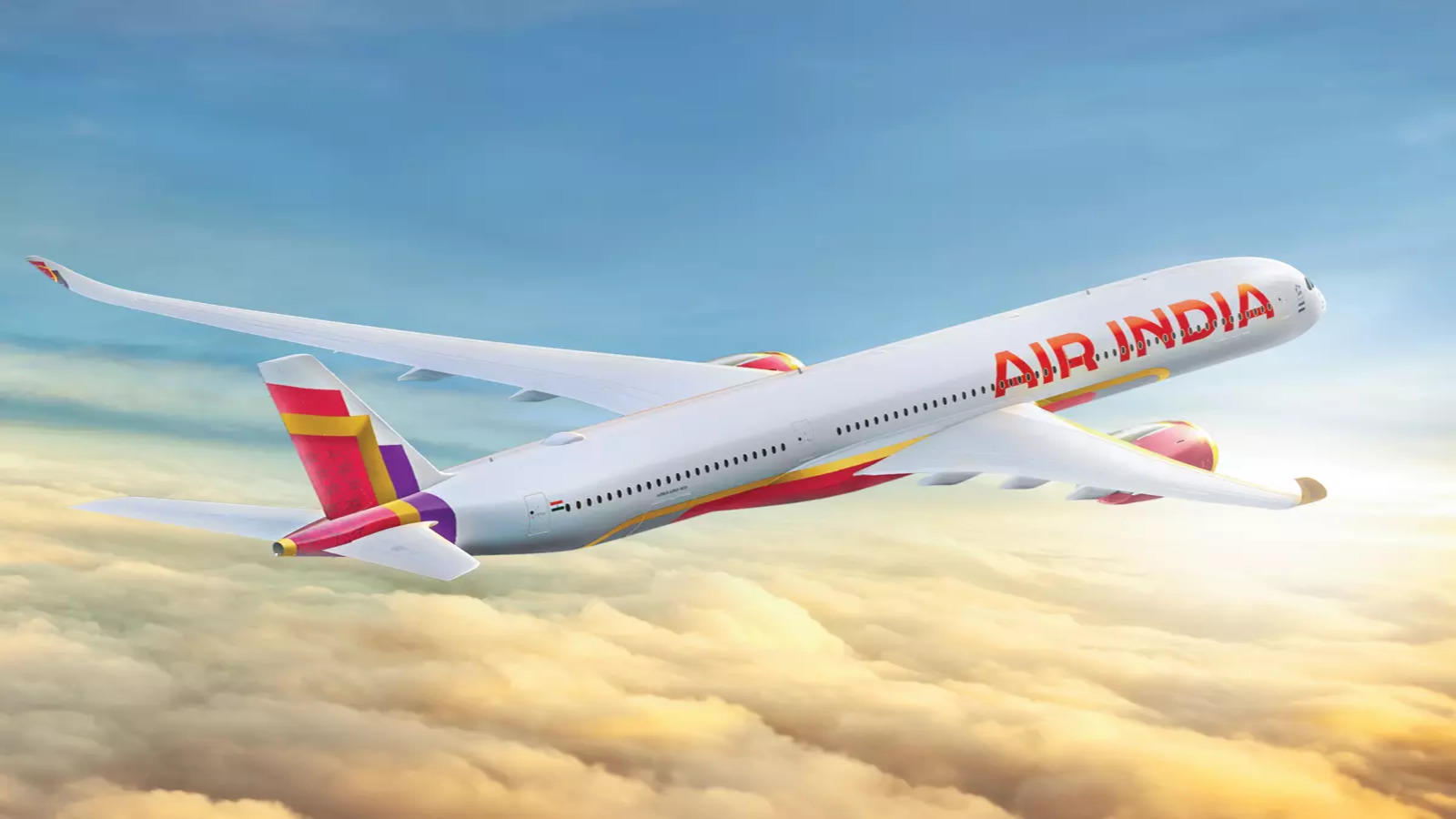


According to a report in The Economic Times, Air India is establishing a school in Amravati, Maharashtra, to address an anticipated pilot shortage by training approximately 180 pilots annually. The full-time school will welcome aspiring pilots without prior flying experience, offering a direct pathway to Air India’s cockpit upon completion of subsequent training stages. This move signifies a significant strategic shift, diverging from the practice of major carriers like IndiGo and SpiceJet, which typically rely on branded training programs affiliated with independent flight schools both in India and abroad. IndiGo, for example, collaborates with seven flight schools, while Air India has chosen around 30 single-engine and four multiengine aircraft from American company Piper and European manufacturer Diamond.
“Air India wants to be in control of the supply of the next generation of pilots. The school will be a critical part of the national carrier’s long-term talent pipeline,” a person familiar with the development said on condition of anonymity. “The second reason is that the airline wants to ensure quality of training. The quality of training in flying schools in India leaves a lot of gaps, forcing students to go abroad.” The Tata Group-owned airline has placed an order for 470 air craft and CEO Campbell Wilson has said one new aircraft will be inducted every six days in 2024. The government is pushing to promote commercial pilot training within India as more than 40% students go abroad for training, which costs Rs 1.5-2 crore per candidate.
Initially focused on meeting Air India’s internal needs, the school also presents future potential for external training services, as perceived by the Tata Group. Additionally, Air India has established its own training center in Gurugram, in collaboration with Airbus and US-based L3Harris, equipped with six simulators. This facility provides type-rated and recurrent training for its pilots. As per aviation training regulations, aspiring pilots must first undergo training to obtain a pilot’s license. Subsequently, type-rated training is required to gain proficiency in operating specific aircraft types like the Airbus A320 or Boeing 737, securing the necessary license endorsements.
Recurrent training is required annually to ensure that the pilot retains the necessary licence endorsements. Sunil Bhaskaran, the managing director of Air India Aviation Academy, is overseeing the setting up of the airline’s training infrastructure.